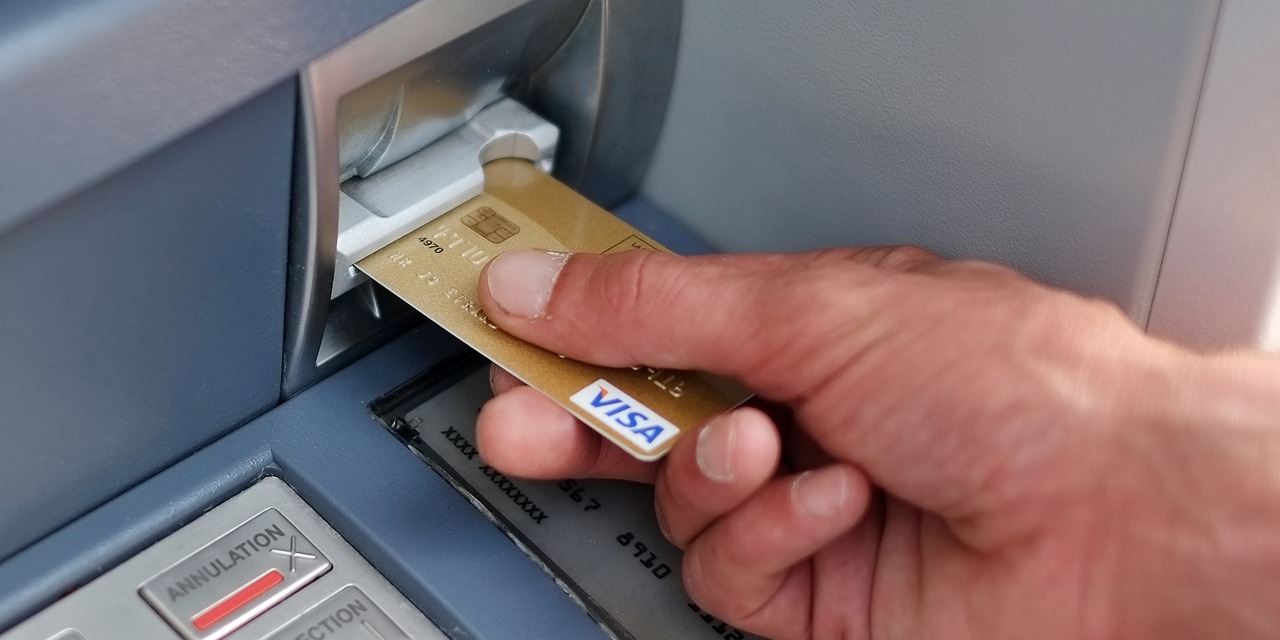EDITORIAL
Banks may soon be taxing the deposits you make on your checking account. A scenario, a priori improbable, but that is well happening according to our editorialist economy, Nicolas Barré.
The subject is explosive. But more and more European banks have decided to tax the deposits of their customers. It started with the very large accounts of individuals. Several Swiss banks, for example, have decided to tax deposits of more than one million or even 500,000 euros, such as UBS, to encourage their customers to invest rather than keep cash. But a German bank and especially the big Italian bank Unicredit will now tax accounts from 100,000 euros, so it affects more people. And all banks look for those who will go even lower to tax the current accounts of their customers.
But why do they want to tax current accounts?
It is simply for them to pass the negative rates applied by the European Central Bank on their own deposits, which cost them 8 billion euros last year. Banks are therefore seeking to make the bill to their customers.
So after Switzerland, Germany or Italy, will deposits be taxed in France? For now, it is only a question for very large deposits, more than a million euros. The Bank of France wants to avoid that it does not stain oil, his governor just said. What does not prevent banks from reviewing the cost of keeping accounts is another way to charge customers. But above all, there is an unavoidable reality: negative rates are great for borrowers but catastrophic for savers who have significant cash. And that's not going to work out.

